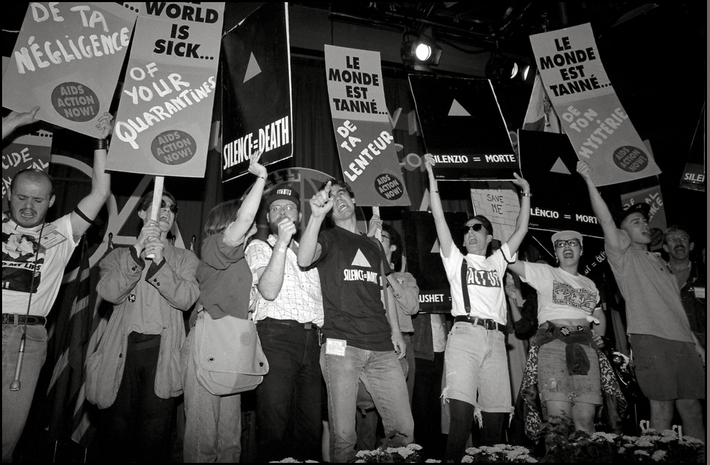2SLGBTQIA+ “Canadian” History Quiz
In June 2024, I had the amazing opportunity to dust off my history qualifications and put together a one hour crash course in queer Canadian history content, as well as a quiz to test how well folks learned. I’ve reproduced the quiz here for you to test your own knowledge, and hopefully learn something new!

1. Which province was the first to legally prohibit discrimination against gay people?
One of the things that is challenging about making a short introductory history presentation is that history happens at so many different levels. When we talk about big equity changes, I think we have a tendency to look at national and international movements as the standard, and we sometimes miss things at a lower societal level. To cover some aspects of regional history, and remind folks to think about different aspects of historical changes, I decided to include this question and interesting fact.

2. In 1967, then Justice Minister Pierre Trudeau (in)famously said, "There's no place for the state in the ________ of the nation." What is the missing word?
Even if you know very little about Canadian history, I think this quote is so famous that most Canadians could fill in the missing word--even if you know absolutely nothing about the context or why it matters… Understanding this moment requires a little bit of nuance.

3. In 1990, the term “Two Spirit” was coined near Beausejour, MB. Two Spirit is a translation of “niizh manidoowag”, which comes to us from which indigenous language?
Long before the arrival of Europeans, hundreds of thousands of people across this continent lived in communities with their own customs and norms. Many indigenous communities did not have a strict distinction between “male” and “female,” as is commonly observed in Western cultures. In fact, many indigenous languages do not even have gendered pronouns--it just wasn’t important enough to be codified in the language!

4. In what year was the last* bathhouse raid conducted by police in Canada?
Sometimes in my work, I encounter people who struggle to understand why so many 2S/LGBTQIA+ Canadians are opposed to police participation in Pride-related events. And that’s when I put on my historian hat, and I tell them about the Bathhouse Raids.






10. Which three provinces and/or territories have enacted or formally proposed measures to restrict student’s autonomy around name and pronouns at school?
Of particular concern, as of this writing in summer 2024, is that three Canadian provinces have formally proposed or officially enacted measures to limit the autonomy of students in public schools, by requiring parental notification or consent to change name or use or pronouns in school.
